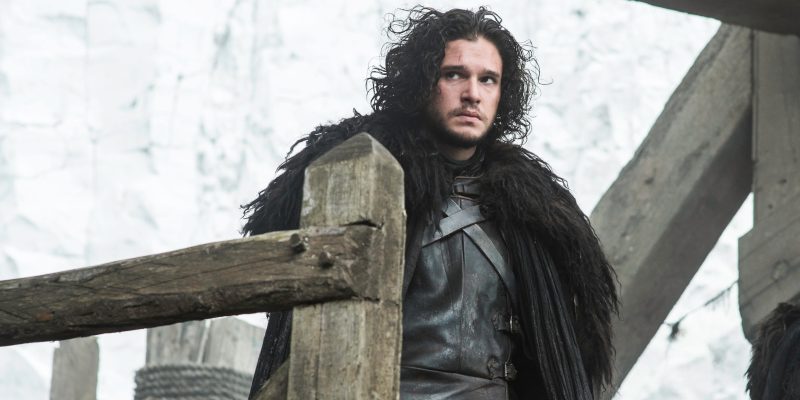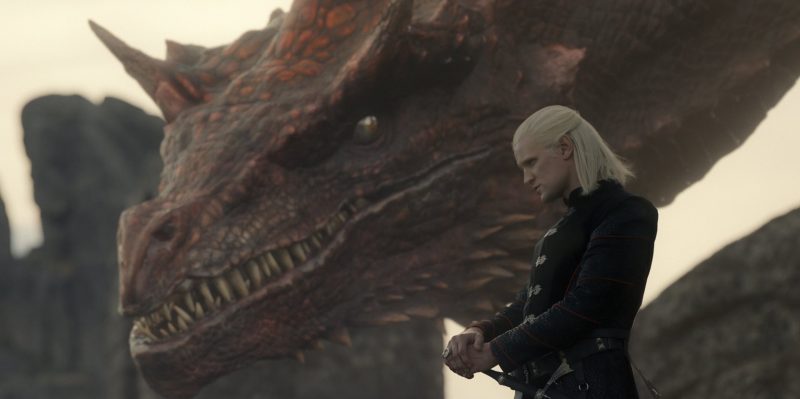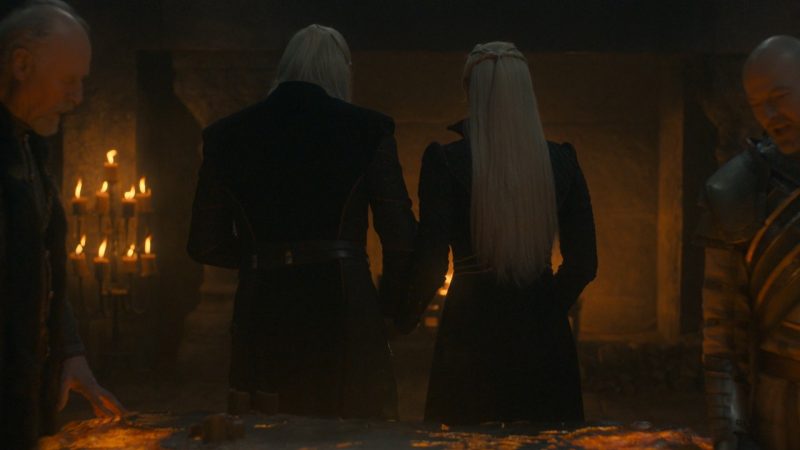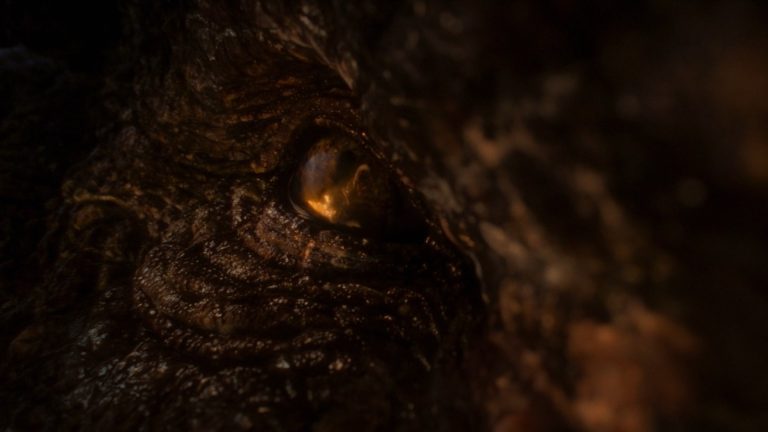In the sprawling realm of Westeros, where mighty dragons roar and power struggles churn in the backdrop, the production for the Game of Thrones prequel, House of the Dragon, continues despite the multiple strikes affecting Hollywood. As the writers from the Writers Guild of America (WGA) and actors from the Screen Actors Guild (SAG-AFTRA) echo their dissent in the picket lines, filming for the second season is undeterred, proceeding apace at Leavesden Studios in the United Kingdom.
Yet, the landscape beyond House of the Dragon paints a much bleaker picture. The prolific author of the A Song of Ice and Fire novels, George R.R. Martin, announced the suspension of his overall deal with HBO, a revelation that cast a long shadow over the development of other spinoffs tethered to the Game of Thrones universe.
The overarching question lingers – did HBO clamp the brakes, or did Martin himself elect to suspend the deal in a show of unity with the striking writers?

Martin, a stalwart advocate for the ongoing writers and actors strikes, offers a nuanced perspective on the impasse in a new post on his blog, Not A Blog. While the strikes wield implications that reach across the entire industry, Martin underscores their significance for those struggling to breach the walls of Hollywood, from entry-level writers to the story editors and the fledgling actor trying to catch a break. His voice rings with a resonance shaped by his own experience, tracing back to his early days in the ’80s.
But, how does House of the Dragon carry on in the midst of this discord? The scripts for the second season were prepared before the strike, providing a feasible explanation for the show’s continuity. But it’s the actors whose circumstances are far more complex.
Bound by British labor laws and their membership in the British union, Equity, the actors tread a fine line – walking out in solidarity with their American counterparts would mean facing the threat of legal action and breach of contract.

The 74-year-old author finds the irony of this situation perplexing, especially considering the strong ties the Labour Party – one of the major UK political factions – has with the trade union movement. He urges the Labour Party to bolster its efforts to safeguard the right to strike.
The narrative surrounding these strikes, according to Martin, is a bitter tale of resistance. He anticipates a long battle ahead, underscored by his decades-long affiliation with the WGA. Furthermore, he condemns the studios for their refusal to negotiate on key issues such as AI, payments, and residuals from streaming.
This predicament ensnares not just House of the Dragon, but also several other Game of Thrones spin-offs like A Knight of the Seven Kingdoms, among others. Their futures now hang in the balance, tethered to the resolution of the strike. Amidst this uncertainty, Martin’s development deal with HBO remains suspended.

However, despite this impasse, Martin continues to chip away at the highly-anticipated sixth book of the A Song of Ice and Fire series, The Winds of Winter. His progress is steady, albeit slower than he and his fans would like.
With House of the Dragon marching ahead, and Martin’s unwavering commitment to the cause, one can only hope for a resolution that respects and upholds the rights of those laboring in the creative cauldron of Hollywood.
But, hey, at least now, Martin will have more time to work on The Winds of Winter, which hopefully comes out this decade.

